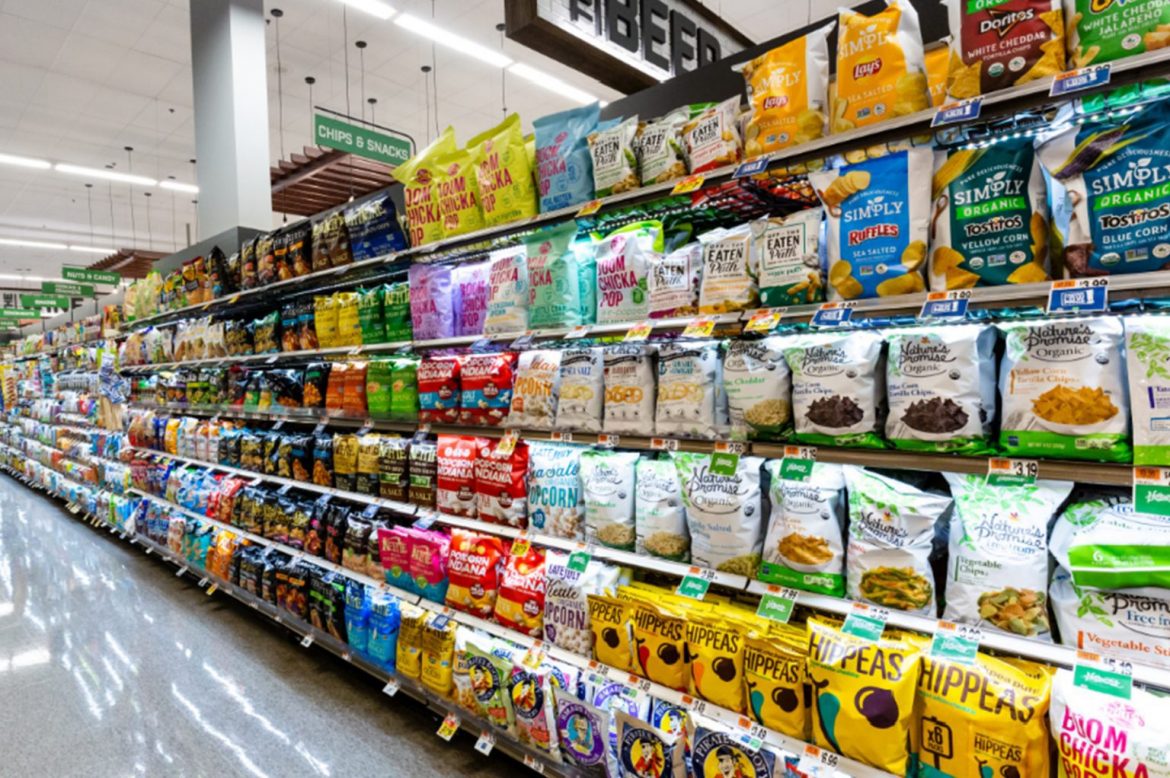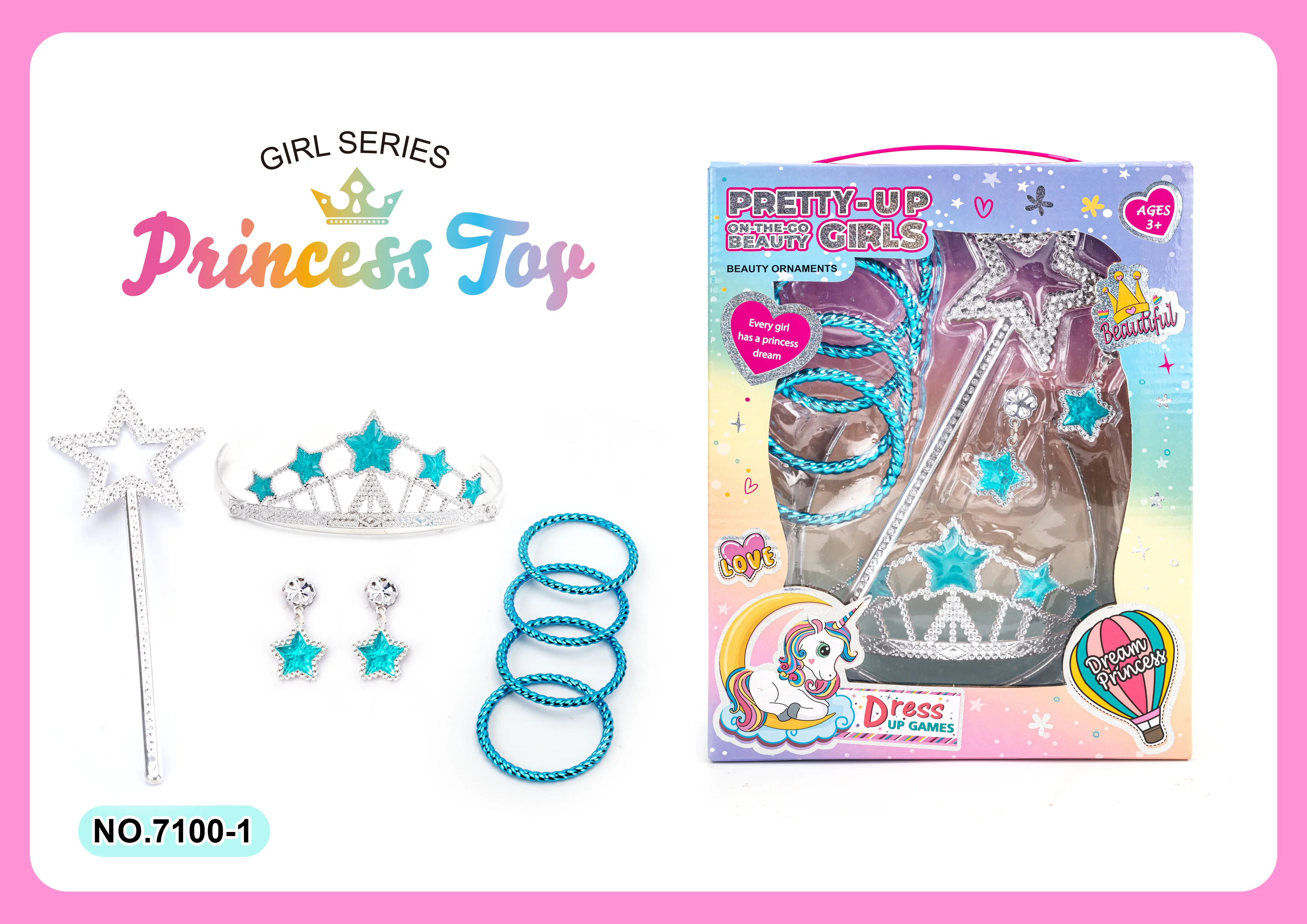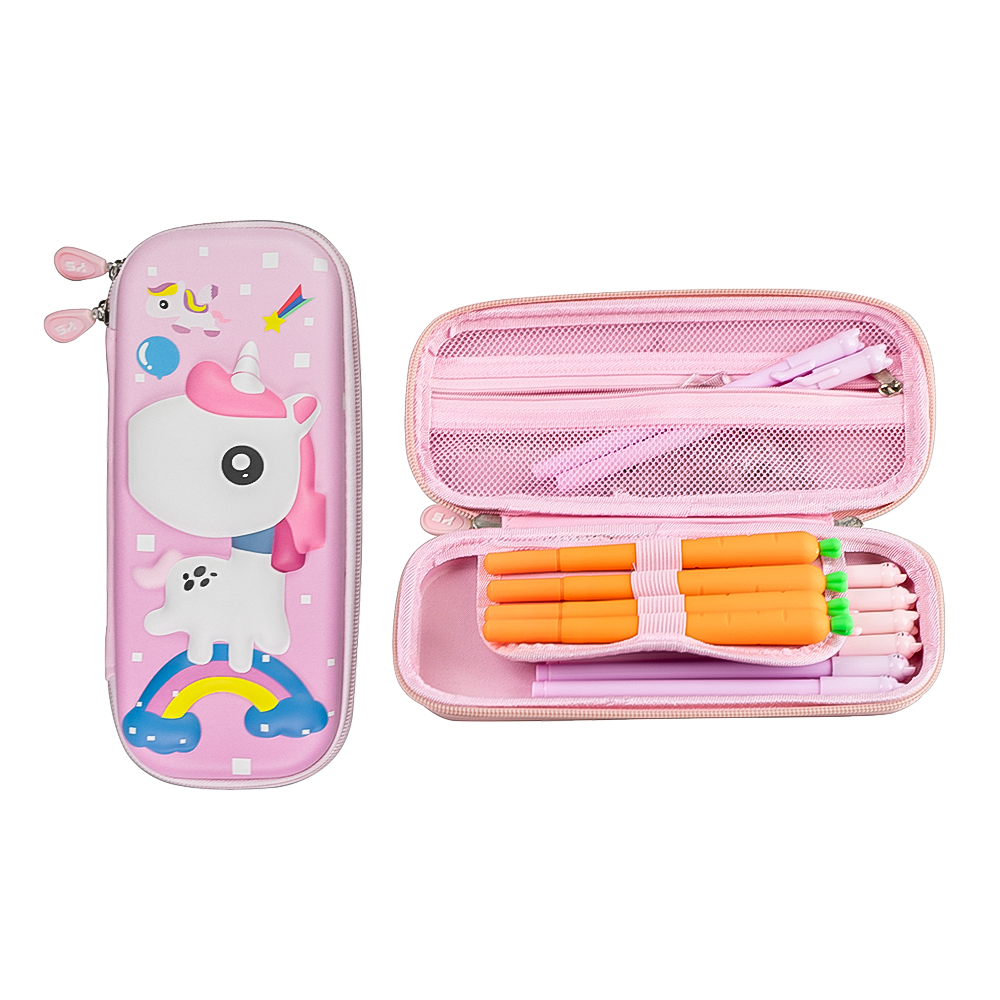Convenience products are those that are easily accessible and readily available to consumers. They are products that are purchased frequently and with minimal effort. However, not all products fall under this category. In this article, we will explore which products are not considered convenience products.
- Specialty Products
Specialty products are products that are unique and have a specific target market. They are not easily accessible and require a significant amount of effort to purchase. Examples of specialty products include luxury cars, designer clothing, and high-end jewelry. These products are not considered convenience products because they are not purchased frequently and require a significant amount of effort to acquire.
- Shopping Products
Shopping products are products that consumers purchase after comparing different brands and prices. They are not purchased frequently and require a significant amount of effort to purchase. Examples of shopping products include furniture, appliances, and electronics. These products are not considered convenience products because they require a significant amount of research and effort to purchase.
- Unsought Products
Unsought products are products that consumers do not actively seek out to purchase. They are products that consumers may not be aware of or may not have a need for. Examples of unsought products include life insurance, funeral services, and pest control services. These products are not considered convenience products because they are not purchased frequently and require a significant amount of effort to market and sell.
In conclusion, not all products are considered convenience products. Specialty products, shopping products, and unsought products are examples of products that are not considered convenience products. These products require a significant amount of effort to purchase and are not purchased frequently. As a marketer, it is important to understand the different types of products and their target markets to effectively market and sell them.



